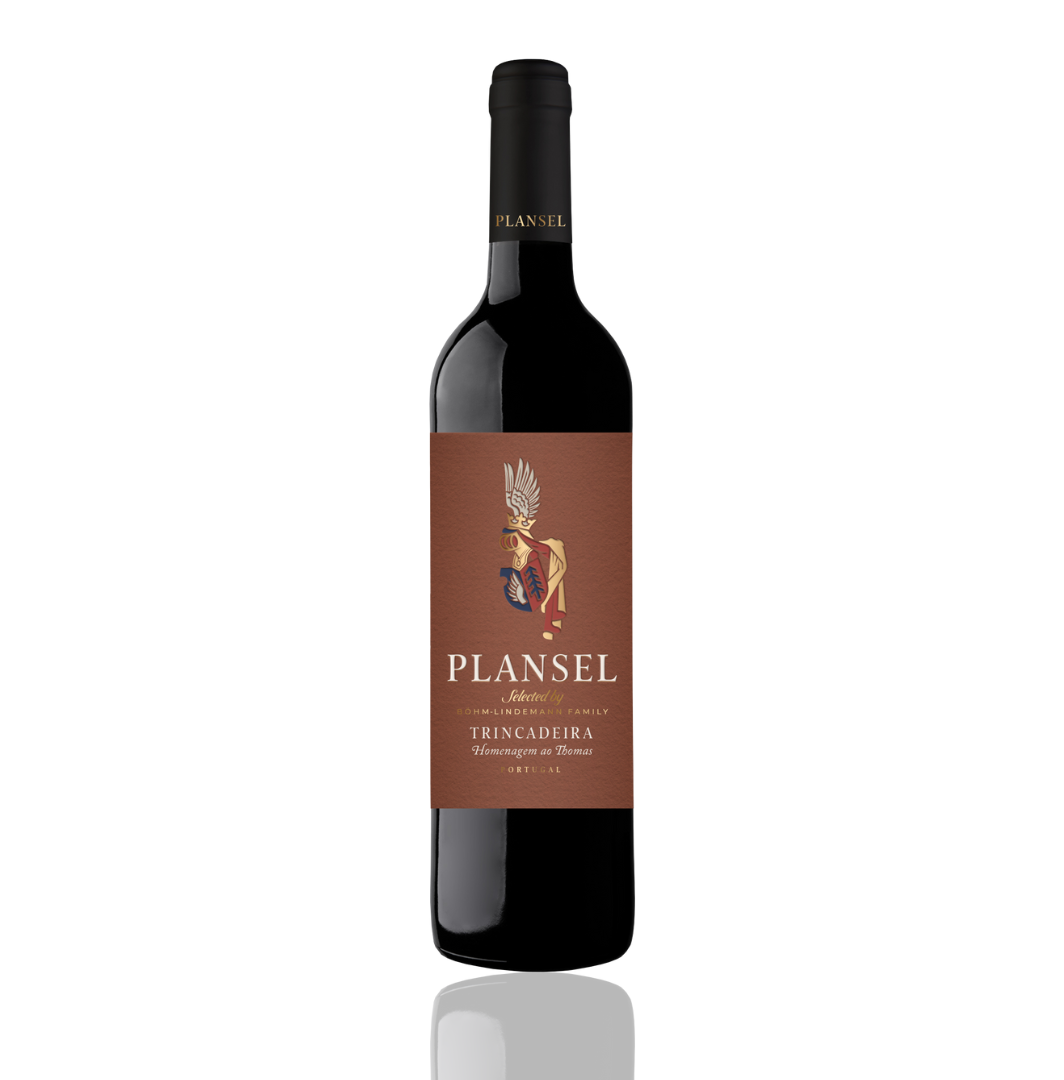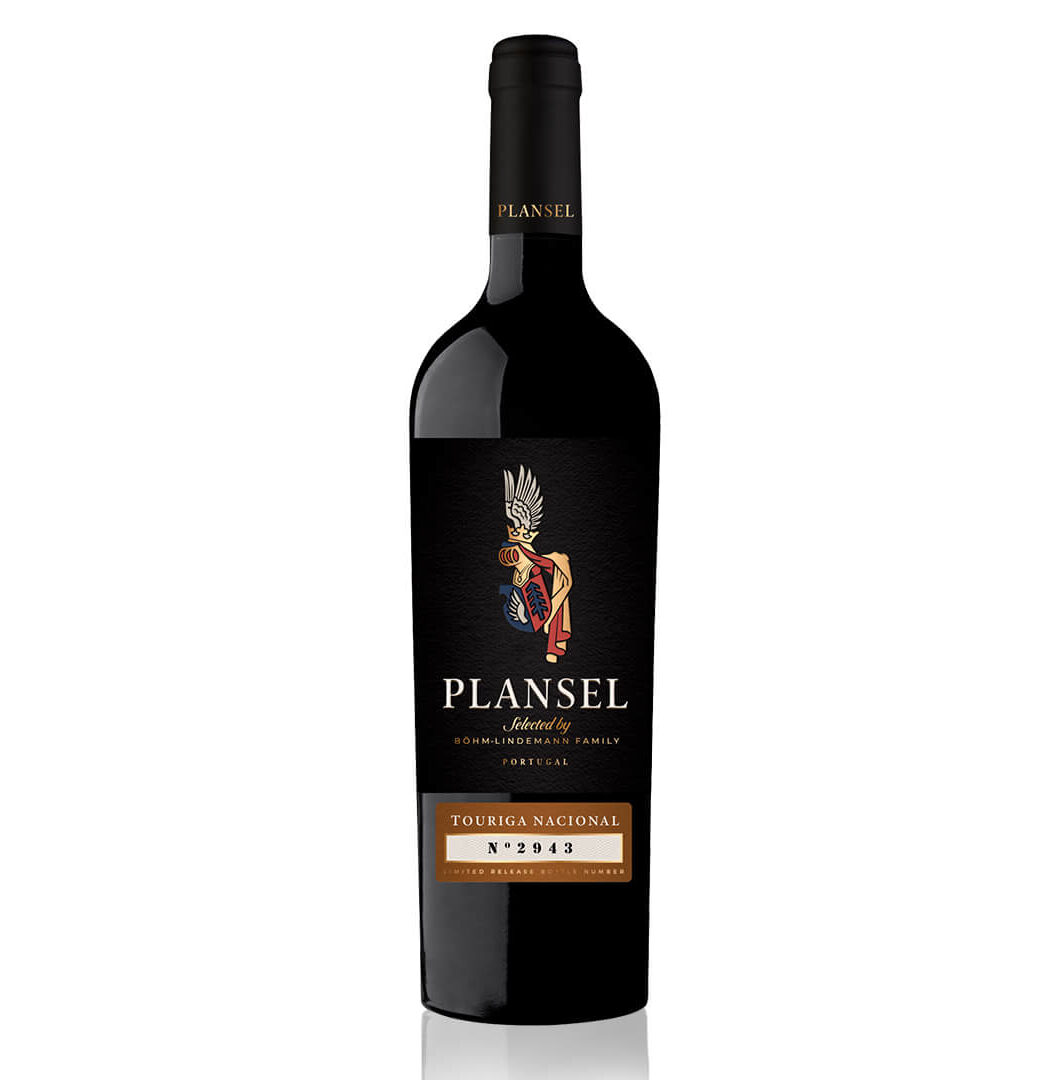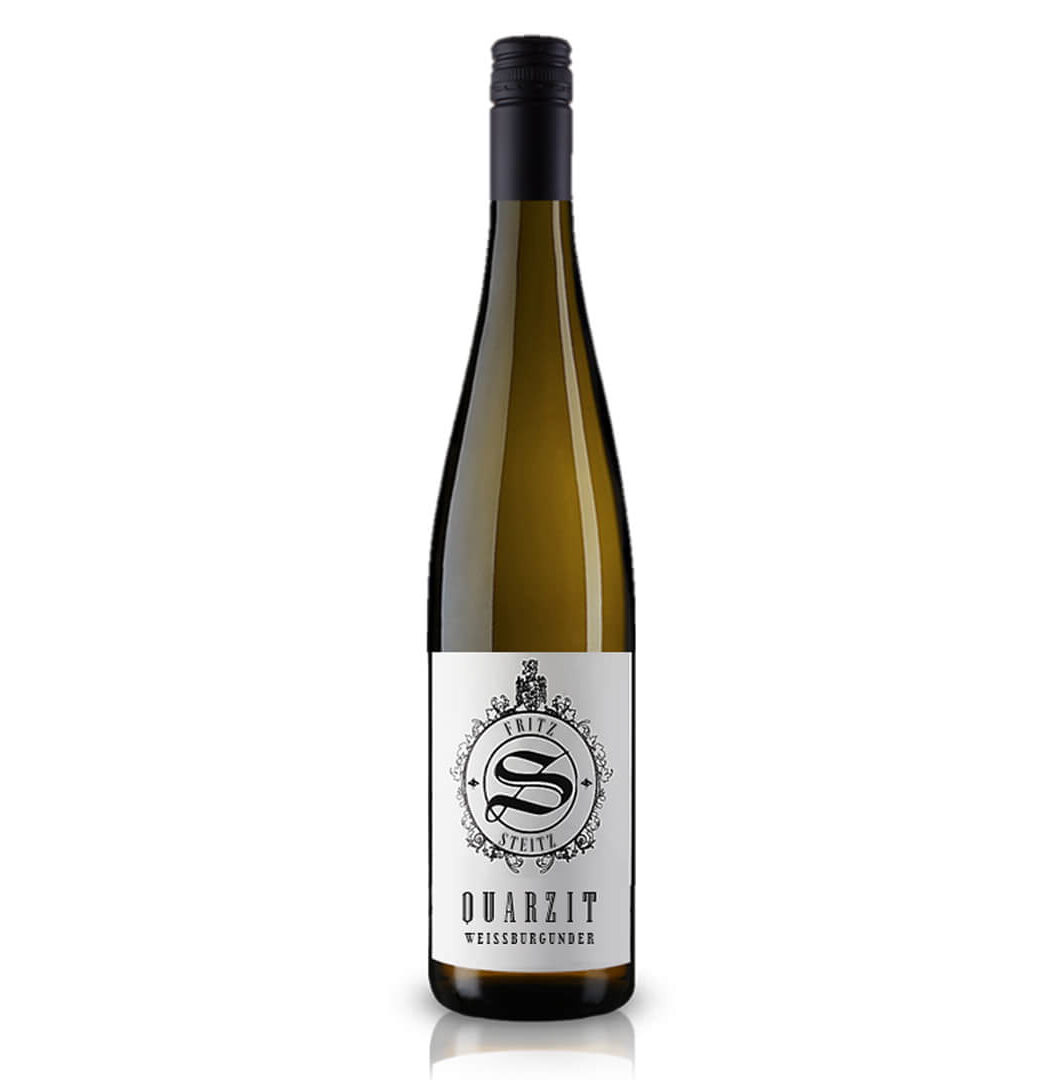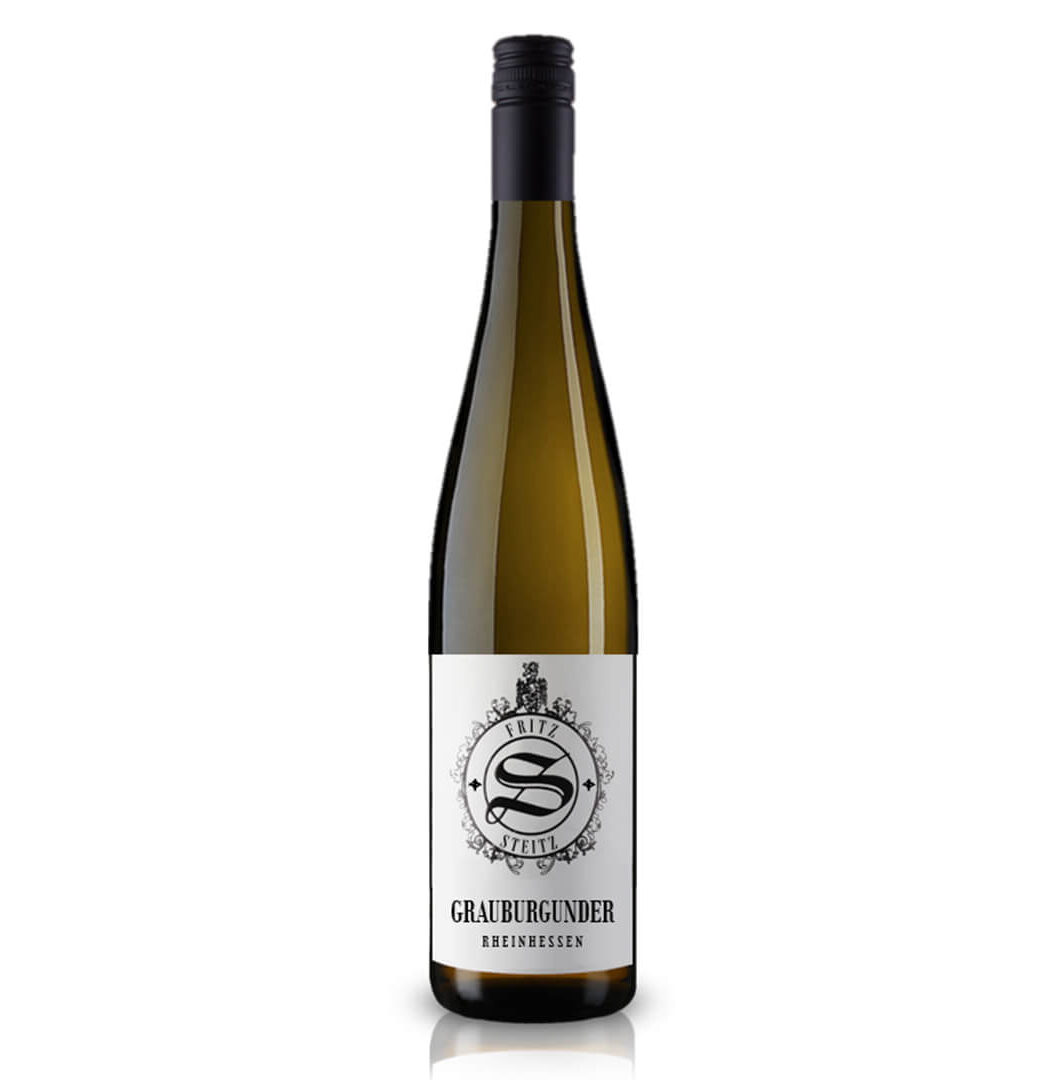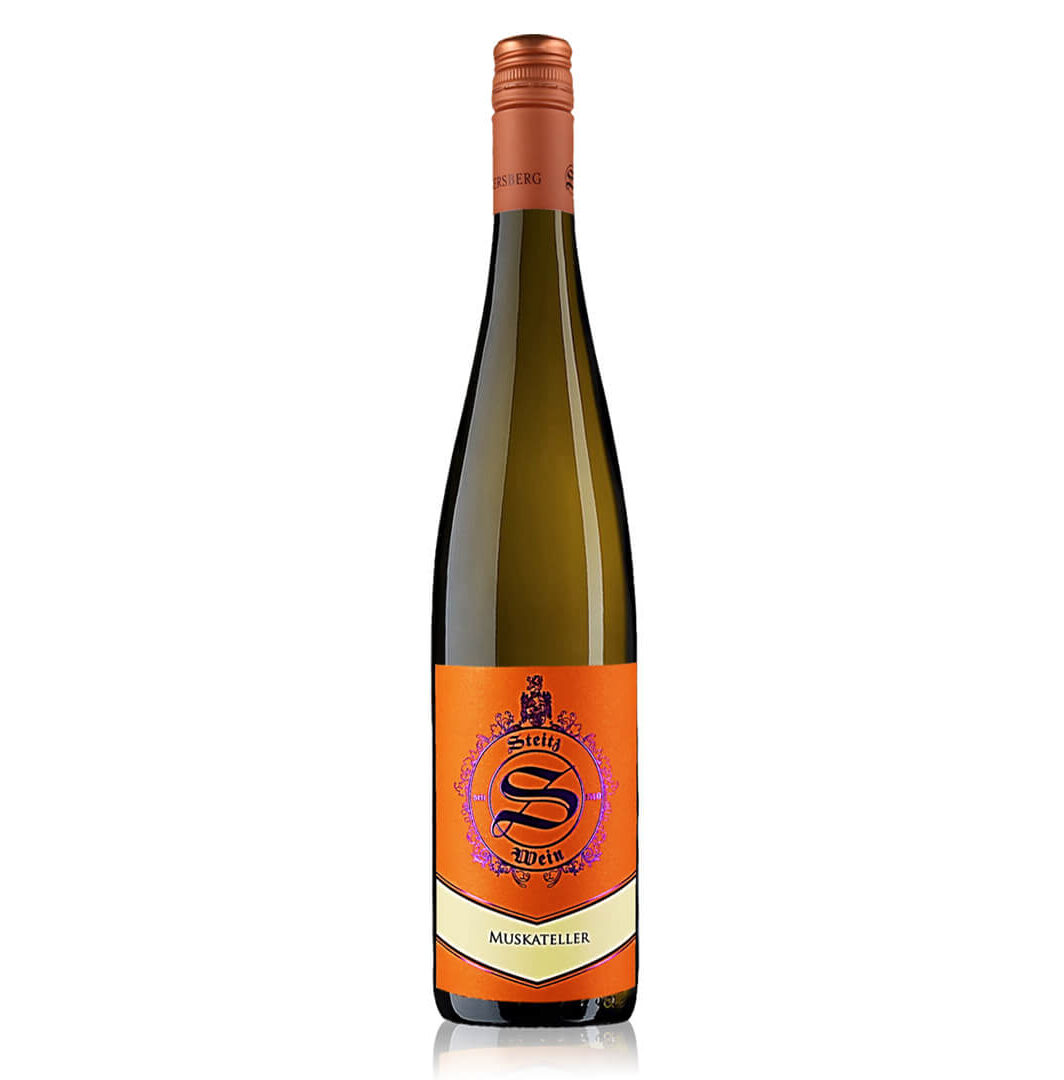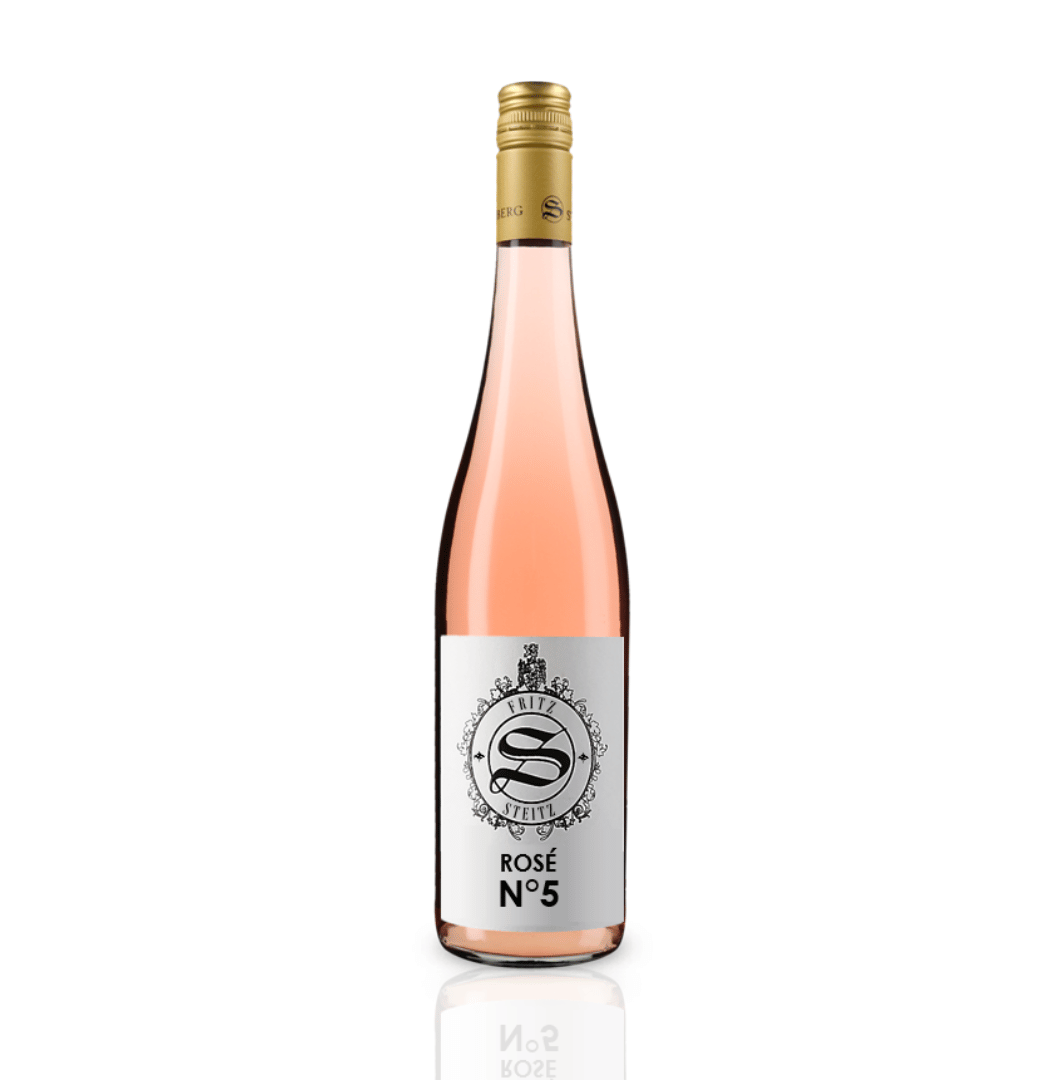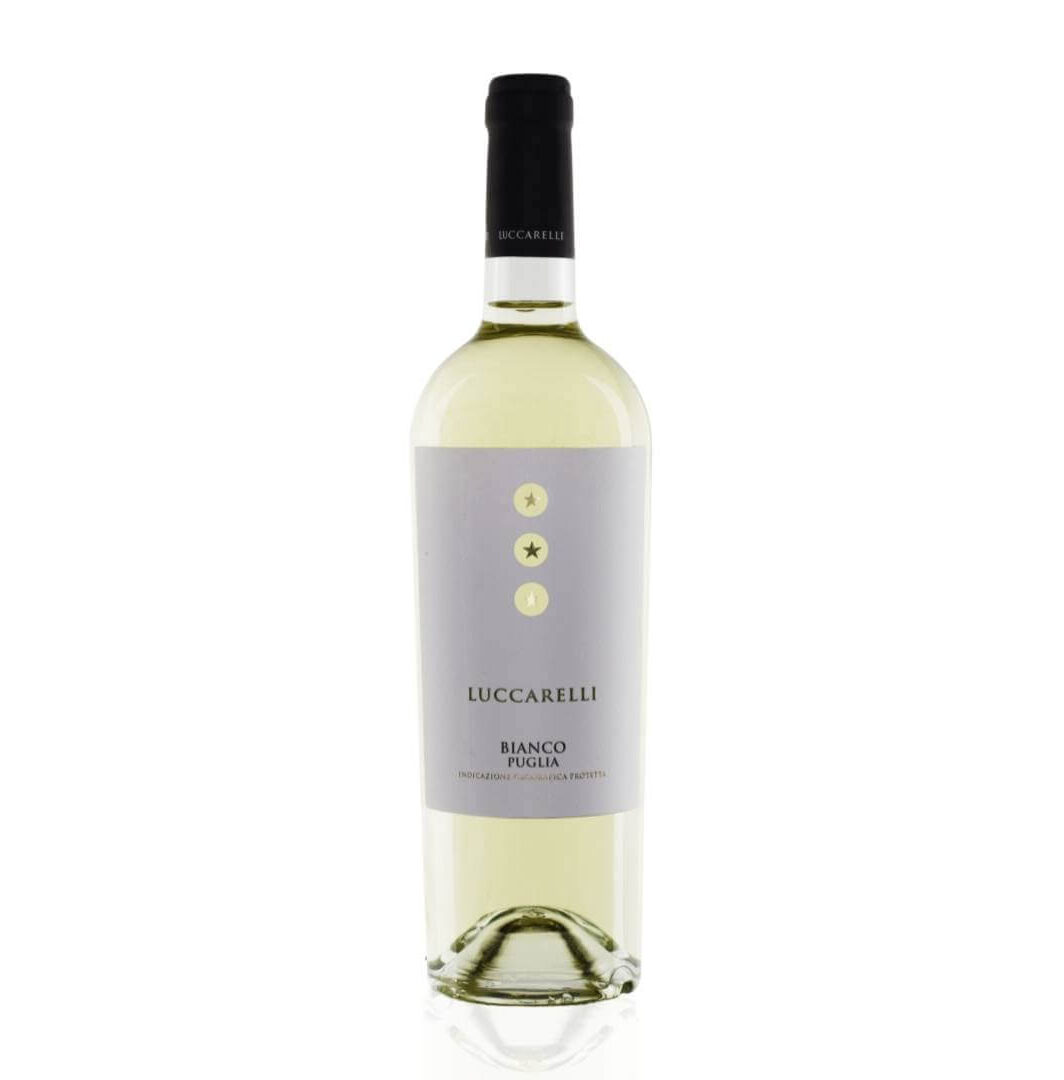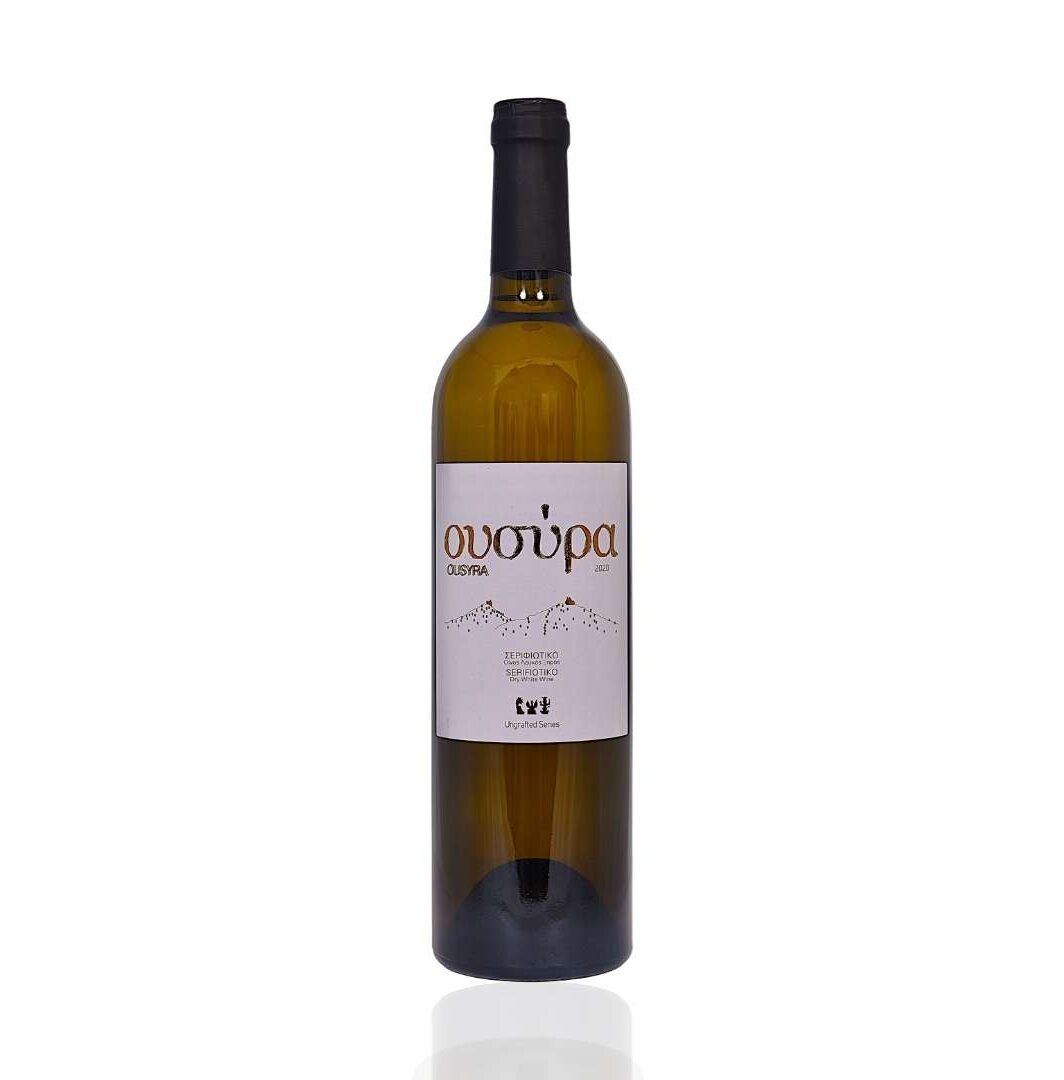Is Expensive Wine Always Better Wine?
Enjoying a good glass of wine is, for many of us, associated with special moments, relaxation after a long day, or celebrating special occasions. But which wine do you choose in the seemingly endless market offer? And does the price play a crucial role here? In fact, this question raises a multitude of considerations that go far beyond “expensive = good.”
The Sensual Wealth of Wine Enjoyment
Wine is a drink whose fascination goes far beyond its basic function as a beverage. It is an invitation to a sensual journey, exploring aromas, colors, and textures. A good wine tells a story, inspired by the terroir where the grapes have grown, the people who have made it, and the vintages through which it has matured.

Preciousness in Price?
The price of a wine is composed of various factors. These include the costs for land, grapes, equipment, labor, and storage. A fine drop from a renowned wine region, handpicked, artfully assembled, and aged in oak barrels, has its price. But does quality always go hand in hand with a higher price?
Price-Performance Ratio and Quality
Generally, it can be said that the price-performance ratio decreases as the wine becomes more expensive. A €500 wine will hardly taste 50 times better than a €10 wine. In this respect, you have more chances with cheaper wines to find a quality that is appropriate to the price. With a small price, you might also have fewer expectations, but with a bit of luck, these might even be exceeded. Because there are definitely inexpensive wines that are very good. Even in blind tastings, the cheaper wines often perform better than the expensive ones.
From Label to Palate
Undoubtedly, brands and labels influence our perception and expectations. A winery with an excellent reputation or a region perceived as particularly high quality can greatly influence the price of a wine, even if these factors do not necessarily correlate with every individual’s personal taste. A no-name wine from an unknown region can therefore provide just as enjoyable a taste experience as an expensive label.
The Subjectivity of Taste
Every wine lover has individual preferences, and so a fruity, light white wine can be just as thrilling for one person as a strong, tannin-rich red wine is for another. A wine should primarily appeal to personal taste and not be chosen solely based on its price or reputation.
Discoveries for the Palate
The expanses of the wine world are full of surprising discoveries. Wines from emerging wine regions, such as parts of Eastern Europe, South America, or lesser-known areas of Italy or France, often offer excellent quality at affordable prices. It pays to be curious and taste off the beaten path.
Wine as an Investment
For collectors and investors, the price of a wine may well play a role, as certain labels and vintages are sought-after rarities. Here, however, the market is a universe of its own, where not only taste but also rarity, storability, and demand drive prices up.
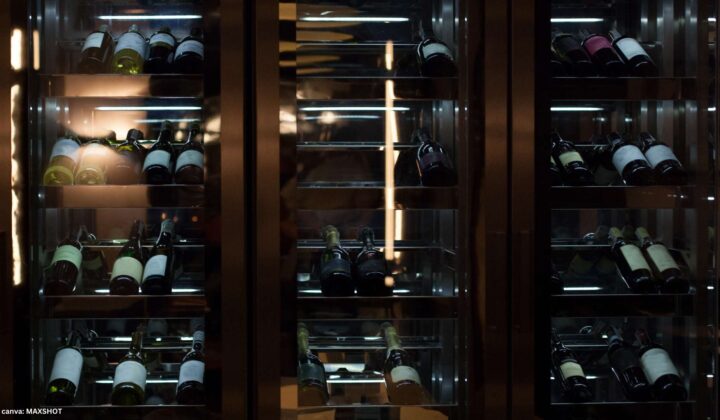
Authenticity and Enjoyment
At the end of the day, it’s the authenticity and enjoyment that makes a wine special. Regardless of price, brand, or reputation, wine should delight the heart and invigorate the palate. Whether it’s a modest country wine or an expensive quality wine – the true pleasure lies in the experience of each individual sip and the moments we associate with it.





